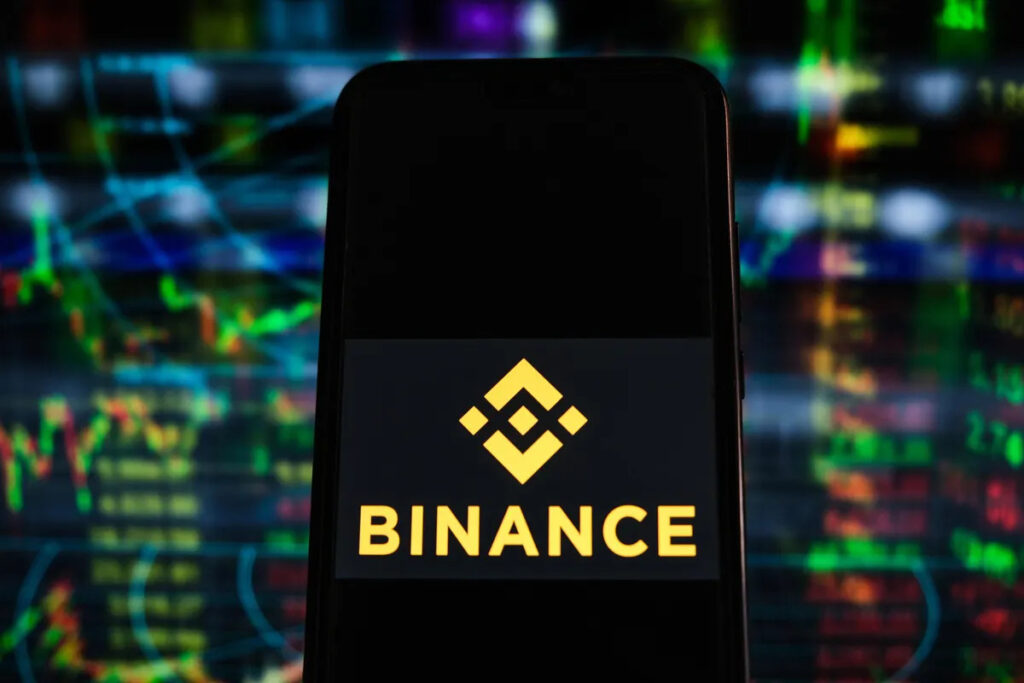Binance, the world’s largest cryptocurrency exchange, is making significant strides in aligning with regulatory frameworks as it applies for registration under Taiwan’s Anti-Money Laundering (AML) Law. Amidst the global push for cryptocurrency regulation, Taiwan has taken the lead in introducing guidelines for the sector. Their move to seek registration within the framework of AML compliance marks a pivotal development in its efforts to navigate the evolving regulatory landscape.
Binance’s Pursuit of AML Compliance in Taiwan

Binance’s application for registration within Taiwan’s AML Law demonstrates the exchange’s commitment to adhering to regulatory norms. The exchange is required to establish a local entity and assemble a local team, an endeavor that emphasizes its dedication to local compliance. Reports indicate that the process encompasses establishing anti-money laundering registration and establishing a banking relationship as prerequisites for licensing. The news comes after Binance recently secured licenses in El Salvador, further reflecting its proactive approach to regulatory engagement.
Read more: Binance Secures Operational License in Dubai
Strengthening Collaborative Efforts and Local Presence
Binance’s entry into the Taiwan market is not an isolated move. The exchange has proactively engaged with local law enforcement agencies to address cybercrime concerns. Collaborating with Taiwan’s Criminal Investigation Bureau, the leading exchange aims to contribute its expertise in handling digital asset-related crimes, ultimately fostering a safer crypto ecosystem. This collaborative approach reinforces Binance’s commitment to ensuring user safety and comfort within the expanding cryptocurrency landscape.
Read more: Binance Becomes First Licensed Crypto Exchange in El Salvador
Future Implications and Regulatory Evolution

As Binance takes steps toward AML compliance in Taiwan, it sets a precedent for other cryptocurrency exchanges to follow suit. Taiwan’s Financial Supervisory Commission (FSC) has been active in formulating guidelines for Virtual Asset Service Providers (VASPs) since introducing AML regulations in July 2021. With their proactive engagement, the crypto industry in Taiwan is witnessing a convergence of regulatory efforts and collaborative initiatives aimed at enhancing security and regulatory adherence.
Conclusion
Binance’s application for AML compliance registration in Taiwan underscores its commitment to regulatory alignment and safety within the cryptocurrency domain. As the world grapples with the evolution of cryptocurrency regulations, the company’s proactive engagement sets a positive example for industry players to engage with regulatory frameworks effectively. As they continues to navigate the complex regulatory landscape, its efforts will likely influence the broader cryptocurrency ecosystem and contribute to shaping future regulatory standards.


![Bybit vs BingX [currentyear]: Which Exchange is Better? 8 Bybit Vs Bingx](https://coinwire.com/wp-content/uploads/2024/05/bybit-vs-bingx-1024x683.jpg)
![Pionex Review ([currentyear]): Trading Bots, Fees, and Pros & Cons 9 Pionex Review Featured Image](https://coinwire.com/wp-content/uploads/2023/08/pionex-review-featured-image-1024x683.jpg)
![Best Crypto Exchanges in UAE and Dubai to Buy Bitcoin ([currentyear]) 10 Best Crypto Exchanges In Uae And Dubai Featured Image](https://coinwire.com/wp-content/uploads/2024/01/best-crypto-exchanges-in-uae-and-dubai-featured-image-1024x683.jpg)
![Cardano vs Solana ([currentyear]): Is Cardano or Solana better? 11 Cardano Vs Solana Featured Image](https://coinwire.com/wp-content/uploads/2023/06/cardano-vs-solana-featured-image-1024x683.jpg)
![11 Best Crypto Exchanges UK (Updated in [currentmonth] [currentyear]) 12 Best Crypto Exchanges Uk Featured Image](https://coinwire.com/wp-content/uploads/2023/05/best-crypto-exchange-uk-featured-image-1024x683.jpg)